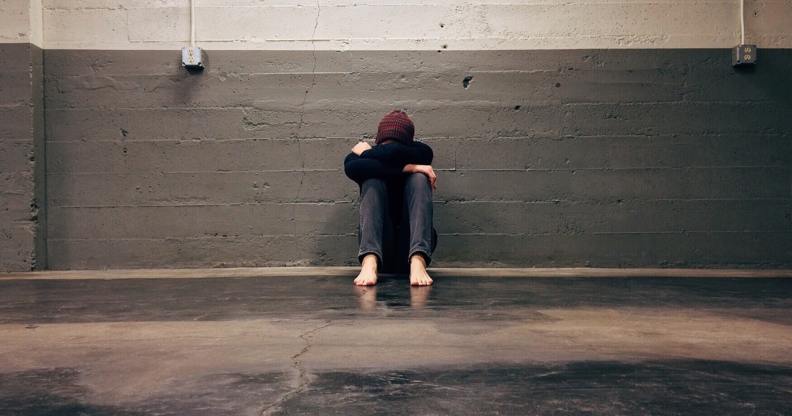Surge in calls to male sex abuse helpline in 2021 down to pandemic: ‘It gave victims time to think’

(Pexels)
Safeline has reported a dramatic surge in demand for its male sexual abuse helpline, with more than 7,000 calls, texts and emails received in 2021.
The Warwickshire charity’s CEO, Neil Henderson, told PinkNews that the number represents a 140 per cent rise in survivors making contacted compared with the previous year.
At least one in six boys are sexually assaulted before turning 18. This figure rises to one in four men across their lifetimes.
While responses to such experiences are highly individual, the Safeline website highlights that, for men, they can often carry “thoughts and feelings of anger, shame, guilt, numbness, or flashbacks, nightmares, and physical or mental health problems”.
With misinformation around male sexual abuse and rape rampant, including the myth that men cannot be raped and fears around survivors of abuse becoming abusers themselves, men can often struggle with coming forward.
Neil Henderson, CEO of Safeline, puts the huge rise down to the pandemic.
“What we found when we spoke to a lot of new callers was that because male survivors were locked down at home, it gave them a lot of time to think about that abuse – and, more importantly, to think about getting help. That was a common feature throughout the whole of the sexual violence sector,” he said.
The huge rise in service users led to a rise in funding for the charity, allowing them to keep their lines open for longer. Now, with opening hours extending beyond 5pm three days a week, it’s easier for survivors to access services outside of their own working hours.
https://www.instagram.com/p/CW8w3jnMt2P/
“Sexual violence challenges ideas of masculinity, and so admitting to having been sexually abused is very challenging for them,” says Henderson. “But the existence of the helpline is starting to break those barriers down because they can phone us and it’s confidential, it’s anonymous…[it] has given males much more confidence to seek support, and disclose abuse, and start to think about long term support.”
The Safeline CEO also noted that the demographic seeking help has changed, signalling a growing willingness over time to reach out to services.
“[Callers] tended to be [about] 40-years-old. What we’re seeing now is a lot more younger men starting contact much earlier for support, which is just wonderful… because there’s a lot of evidence to suggest that the sooner you get support for abuse, the better,” he continues.
Rates of sexual abuse and assault are even higher in boys and men from sexual minority populations. As Henderson points out, unfortunately, there continues to be a culture of shame. It’s a culture which Safeline seeks to eradicate.
“For people reporting to the police, there’s no doubt that people are homophobic. [People] can be judged, and it makes it much more difficult for people from that community to report to the police.”
The helpline, in contrast, is not only anonymous, but also doesn’t require users to disclose their sexual orientation. Details can be found here.

